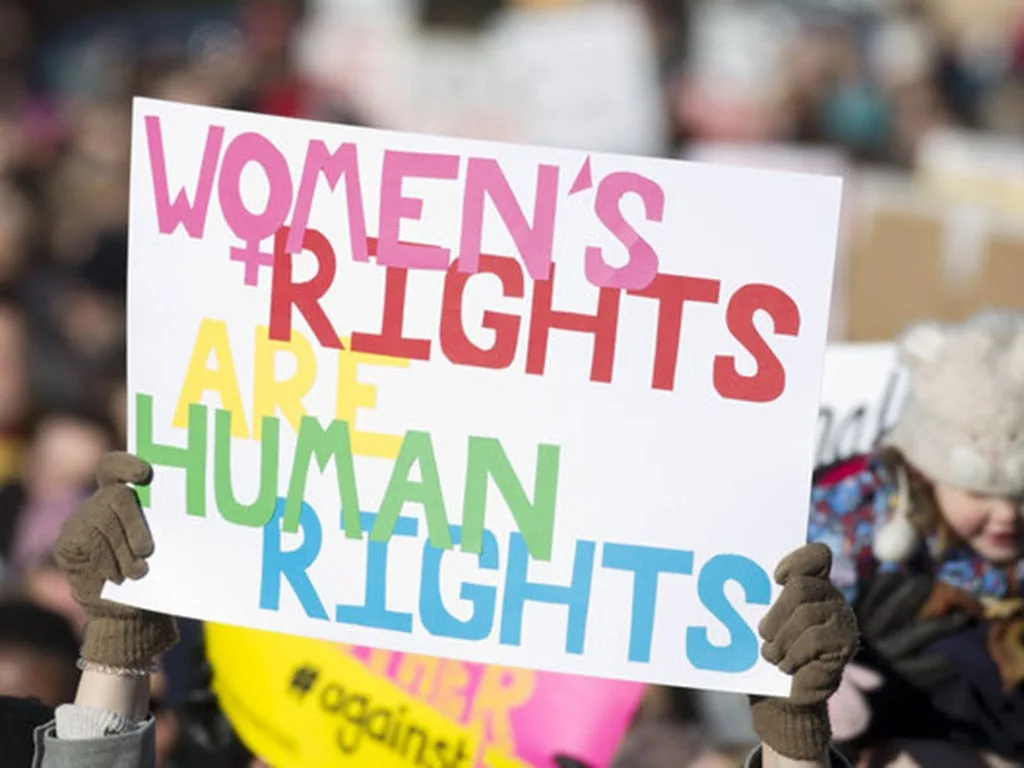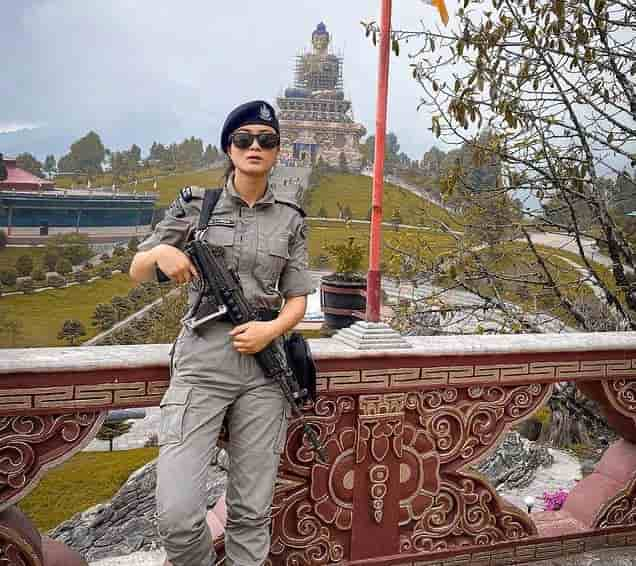
Screams and Voices: The ongoing battle for women's rights and dignity in India

“We are not just fighting for gender equality, but also for a world where every woman can live without fear of violence and discrimination.” Loud screams and voices are raging for women’s rights and dignity.
In 1992, a Dalit social worker was gang-raped by upper-caste men when she tried to stop child marriage. In 1996 a 25-year-old law student was raped and murdered by her senior in Delhi. In 2012 a 23-year-old woman was brutally raped and murdered on a moving bus in Delhi. In 2014, two young women fought off three men who were allegedly harassing and groping them on a bus. fight for women’s rights has been long and arduous, involving blood, sweat, and tears. Women have fought for their right to live free of fear, violence, and prejudice since the dawn of time. This struggle has been challenging, but it has also been inspiring, as women have banded together to make demands to ensure justice, equity, and freedom.
Violence against women is a terrible circle that causes women to suffer physically, sexually, and psychologically. It manifests itself in a variety of ways, including physical beatings, slaps, pushes, and verbal abuse that includes name-calling, insults, and threats. Unfortunately, India is not immune to this problem, as the National Crime Records Bureau documented 3,78,236 crimes against women in 2019. Over 32,000 of these cases involved rape, and nearly 20,000 involved dowry-related violence, painting a bleak picture of the problem.
Physical violence against women has long-term consequences that go beyond minor injuries such as broken bones, bruises, and scrapes. It causes serious health issues such as chronic pain and incapacity. Verbal abuse is equally damaging, causing anxiety, depression, and other mental health issues. Violence against women also has a negative impact on their mental health, including emotions of humiliation, embarrassment, and dread. Women frequently blame themselves for the violence, believing they deserve it, which can result in low self-esteem, despair, and anxiety.

The enactment of the Protection of Women from Domestic Violence Act in 2005 was one of the most significant legal advances in recent years. Domestic violence is recognised as a serious crime under this legislation, and it offers women a variety of legal remedies to protect themselves against abuse. The act has been a game changer for women, breaking the silence surrounding domestic violence and providing women with the tools they need to fight back against their abusers
Partition was a terrible occurrence that caused millions of people to be displaced. Women were especially vulnerable during this period since they were frequently the victims of violence and abuse. Many women have been raped and murdered, and their voices have been muted by a patriarchal culture that refuses to recognize their pain. The trauma of partition continued to haunt women for many years, as they battled to reconstruct their lives in a culture that was hostile to their basic existence.
The struggle for women’s rights lasted decades, as women struggled for the right to an education, to work, and to equal pay. They demanded a stop to violence against women and increased participation in politics and the courts. Their voices became louder and more powerful, and they refused to be muted by a society determined to keep them downtrodden.
However, the fight for women’s rights is far from over. Despite recent advances, women continue to endure discrimination and abuse on a daily basis. Rape, sexual harassment, and gender-based violence persist in our culture, and women continue to strive for the right to live without fear. “Justice will remain elusive until women may live free of fear of assault and prejudice until they are really equal partners in society,” Justice Leila Seth once declared.
It is up to all of us to keep fighting for women’s rights. We must speak out against violence and discrimination, and we must demand justice for victims. We must support women in their fight for equality and endeavor to build a society free of gender-based violence and prejudice.
“Women’s rights are human rights, and human rights are women’s rights,” says Kamala Harris. We must never lose sight of this reality, and we must continue to work for a future in which women may live free of fear, abuse, and discrimination. We must raise our screams and voices until they are heard and taken seriously by everyone.







